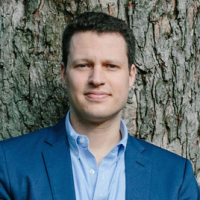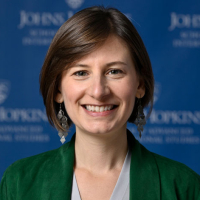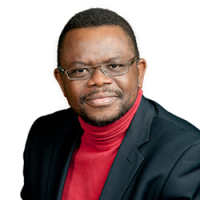Development, Climate, and Sustainability
Overview
Focus on issues of development, poverty reduction, energy, environment, and climate change.
Some of the most vexing economic, political, social, legal, and environmental policy challenges the global community faces today require a central focus on development, climate, and sustainability. These challenges are escalating, propelled by a resurgence of nationalism, rising global inequalities, demographic trends, sharpening geopolitical competition, and inexorable climate change. Responses to these challenges are framed within the broader perspective of sustainable development for current and future generations, in developing and advanced industrial countries alike.The Development, Climate and Sustainability focus area at SAIS prepares students with a sound comprehension of the core concepts of sustainable development in an era of the triple environmental crises of climate change, biodiversity loss and toxification of the planet, provides them with the skills and tools to analyze these problems, and empowers them with the knowledge necessary to discern the complex tradeoffs in formulating public policies to address these challenges. This focus area includes courses that emphasize an interdisciplinary approach involving the social, political, economic, legal and natural science disciplines.
Together with faculty at Johns Hopkins University, students will have the opportunity to gain an understanding of a wide variety of themes, including climate change and its social consequences, the causes of and solutions to extreme poverty, the transition away from fossil sources of energy, inequitable and deteriorating agriculture and food systems, threatened and degraded water supplies and other natural resources, policies for green economic growth, globalization and development, and the ever changing legal and regulatory regimes to face these hurdles. They will also develop critical, analytical, and integrative skills to understand and resolve sustainable development challenges broadly conceived.
Students are required to complete 3 courses for the functional focus area but have flexibility to tailor a course of study. They can select courses across DCS themes, focus on a particular DCS theme to develop a deeper expertise in that area, as well as choose complementary electives in other focus areas.
This focus area is ideal for students interested in a variety of non-academic career paths, including leadership roles in government ministries, in NGOs, in international financial and development institutions such as the World Bank and UNDP, or in the burgeoning private sector engaged in promoting responsible business conduct, climate policy, and clean energy transitions.



